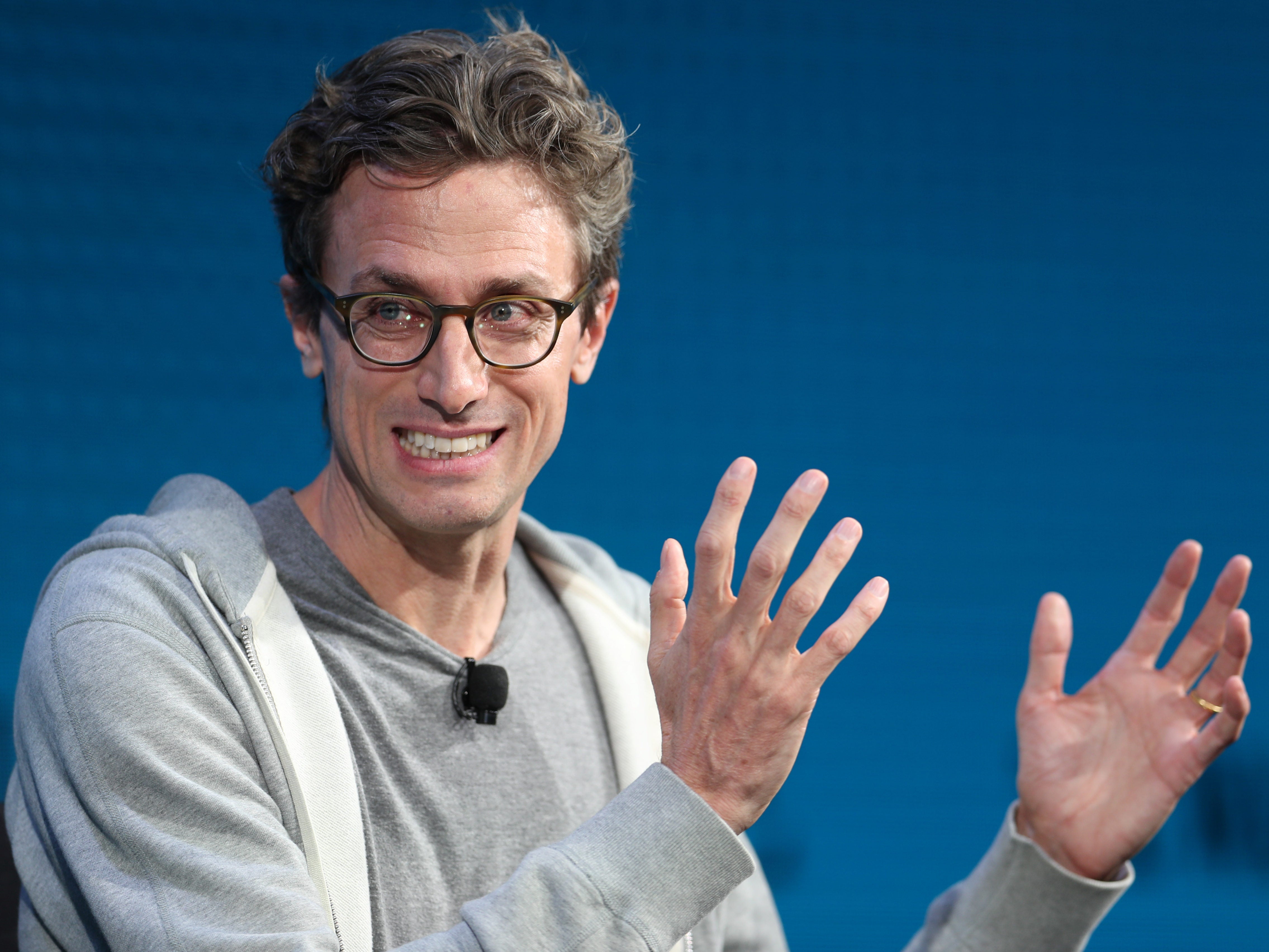
Buzzfeed founder and chief executive Jonah Peretti has said Facebook is not sharing revenue from its News Feed, despite publishers providing a “large chunk” of the content it features.
He said the social media giant makes “gobs” of money from content but is not doing a “great job” of paying publishers who create it.
Speaking to the Columbia Journalism Review, Peretti said: “The best way to influence the content that’s there and shape it in a positive way would be to say I am going to reward content with traffic . . . but also with revenue.
“Those two things together would allow for an economic model that would give [publishers] some control over the news feed.”
It is understood that publishers do receive some revenue for content published on Facebook, but that it is not enough to sustain publishers with large newsrooms who are investing in journalism.
Said Peretti: “When it comes to monetizing video, I think YouTube is doing a pretty good job. In Facebook’s case, there has been a lot of thought that in the future they might do a better job [of paying creators], but right now they’re not doing a great job.
“There’s a certain length of time [publishers] can wait for that future to arrive, and I think [Facebook needs] to accelerate… Instant Articles is fine, it’s meaningful for us, but it’s still not a good enough product to support news, it’s still not paying enough to fund journalism.
“My main criticism of Facebook is it has done lot of experiments, but it’s making gobs and gobs of money on News Feed, and its partners are providing a large chunk of that content, but that’s the one place where it’s not sharing revenue.”
The media mogul said in a statement: “If Facebook wants to recognise ‘trusted’ publishers then it should pay those publishers a carriage fee similar to the model adopted by cable companies.”
Press Gazette has called on Facebook and Google, known collectively as the Duopoly, to stop destroying journalism and pay more back to publishers on whose content it relies.
On discussing the recent Facebook changes to its News Feed in favour of “meaningful social interactions” that will see a reduction in news content visibility, Peretti said: “It’s hard to predict [what the effect will be], but overall it plays to the kind of content we tend to make.
“I think Facebook got too much into content that was just the kind of thing you could read on some random website, as opposed to something that really makes sense on Facebook.”
When Buzzfeed UK announced cuts would be made to staff, the NUJ said the decision was “chilling” for media companies.
Picture: Reuters/Lucy Nicholson
Email pged@pressgazette.co.uk to point out mistakes, provide story tips or send in a letter for publication on our "Letters Page" blog
